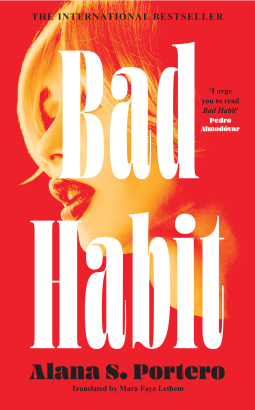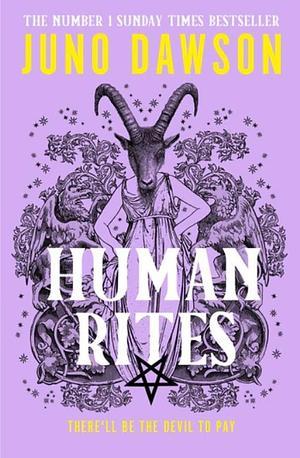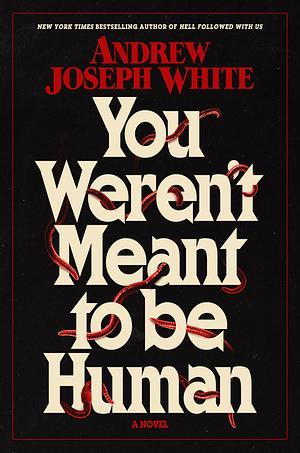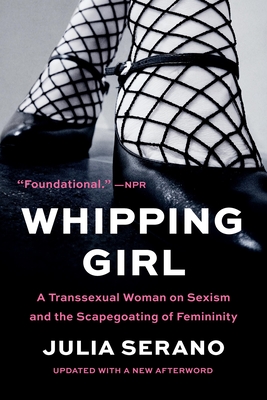Jaelyn reviewed Human Rites by Juno Dawson (Her Majesty's Royal Coven, #3)
A solid conclusion to the Desperate Witches of Hebdon Bridge
5 stars
My opinion on this series (Her Majesty's Royal Coven) has jumped up and down a bit over time. It's very strong as a witchy girlpower fantasy series. I love the setting, world and ideas. This book as the conclusion has a strong third part to ramp up the tension (if the first half is rather slow off the ground which maybe gives me more focus on my criticisms for this instalment vs the first two).
However, I do feel that the characters can fall flat sometimes. For such large cast, there isn't as much definition between the main group as Juno attempts to create. The spice girls analogy is heavy but in that it feels like each character has their set role but without a distinct voice behind their POVs. Ultimately, I think the author's voice overpowers any real individuality in the characters' voices (compounded by having so many …
My opinion on this series (Her Majesty's Royal Coven) has jumped up and down a bit over time. It's very strong as a witchy girlpower fantasy series. I love the setting, world and ideas. This book as the conclusion has a strong third part to ramp up the tension (if the first half is rather slow off the ground which maybe gives me more focus on my criticisms for this instalment vs the first two).
However, I do feel that the characters can fall flat sometimes. For such large cast, there isn't as much definition between the main group as Juno attempts to create. The spice girls analogy is heavy but in that it feels like each character has their set role but without a distinct voice behind their POVs. Ultimately, I think the author's voice overpowers any real individuality in the characters' voices (compounded by having so many voices, diluting the time you get to focus). Throw in an egregious amount of pop-culture and brand references (holy shit these are going read VERY dated in 10-20 years) and I found myself getting distracted away from the parts I enjoyed.
I enjoyed this series at the start more as I was in the mood for it. So I'm likely being more critical of it today as I'm contrasting it with some more recent reads that I absolutely adore. I do find it a compelling read still with some characters I love, plenty of interesting ideas or different takes on the tired cliches, and an important fuck you to certain people who would be enraged by these books.














